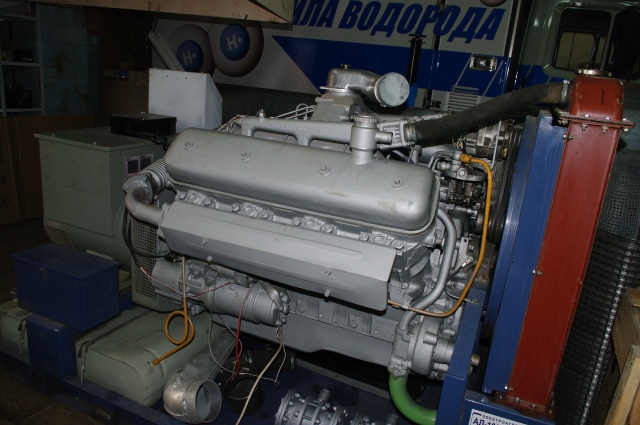Diesel engines
Diesel engines are internal combustion engines operated on the basis of a Diesel (compression ignition) cycle. In this sort of volumetric machines, finely pulverized combustible is injected inside the cylinder or an adjacent chamber, where it vaporizes and self-ignites, due to the temperature of the compressed air. Due to the characteristics of the combustion process, diesel engines are more tolerant towards a lower quality fuel, as well as generally more efficient, when compared to gasoline engines.
Diesel-cycle engines have a wide range of applications; even in countries where gasoline is the primary liquid fuel, diesel vehicles are used for the vast majority of commercial freight, construction, heavy truck, agricultural machines, and infrastructure maintenance, giving them a unique importance across a wide range of economic sectors.
The diesel-cycle’s inherent combustion efficiency advantage over otto-cycle engines (powered by gasoline), and diesel fuel’s dominant position in the refined petroleum products market, make this kind of engines a key technology for the introduction of liquid biofuels in the energy market.
Component development
Due to the different handling (storing, pumping, filtering, etc) and combustion behaviour of biofuels compared to fossil diesel, several components and sub-systems of the engine need to be re-engineered in order to obtain good and reliable performances with unconventional fuels.
BTG Biomass Technology Group uses a small diesel engine (5-20 kWe) for combustion of various bioliquids (pure and mixtures) while focusing on improving the feeding and injection system. Potential fuel injector construction materials are being tested on resistance against corrosive and abrasive wear.
NAMI completed laboratory tests to determine modifications required to run a diesel engine on synthetic biofuels, prepared technical designs and manufactured engine components requiring modification (fuel supply and gas-exchange systems), and bench tested these engine components (see picture of the engine below).

During the project, both technical and economic aspects of the use of pyrolysis oil, pure plant oil (sunflower), bio-oil/diesel emulsion and biodiesel will be studied and their small-scale energy market potential assessed, with special emphasis on an end-user perspective. This work will include blends of bioliquids.



